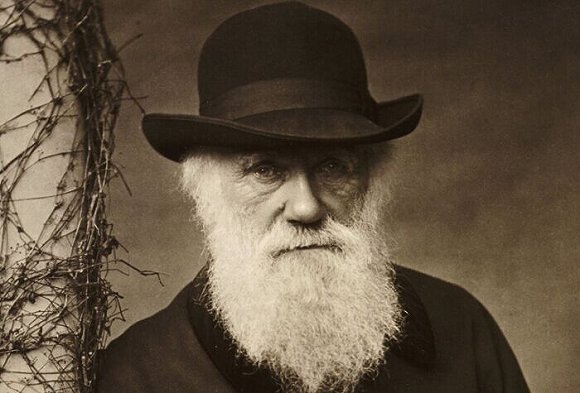Darwin did eventually make his belief in our kinship with the apes explicit in The Descent of Man in 1871. The conclusion was a bold one since nothing in the fossil record supported such a notion. The only known early human remains of that time were the famous Neandertal bones from Germany and a few uncertain fragments of jawbones, and many respected authorities refused to believe even in their antiquity. The Descent of Man was altogether a more controversial book, but by the time of its appearance the world had grown less excitable and its arguments caused much less of a stir.

For the most part, however, Darwin passed his twilight years with other projects, most of which touched only tangentially on questions of natural selection. He spent amazingly long periods picking through bird droppings, scrutinizing the contents in an attempt to understand how seeds spread between continents, and spent years more studying the behavior of worms. One of his experiments was to play the piano to them, not to amuse them but to study the effects on them of sound and vibration. He was the first to realize how vitally important worms are to soil fertility. "It may be doubted whether there are many other animals which have played so important a part in the history of the world," he wrote in his masterwork on the subject, The Formation of Vegetable Mould Through the Action of Worms (1881), which was actually more popular than On the Origin of Species had ever been.











